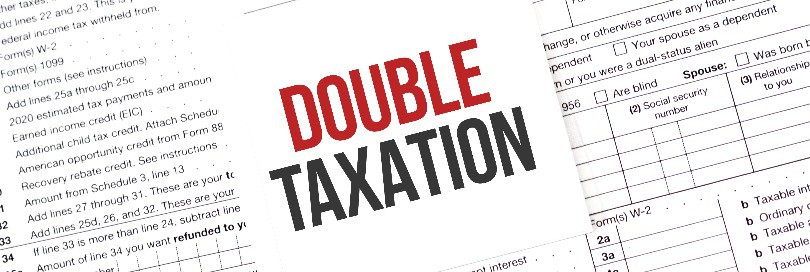Tariffs – pros and cons
09-06-2025
Discussions around US tariffs have made many people think again about the reasons and motivations behind countries imposing tariffs. Throughout history, there have been many examples of strict
…
protectionism and free trade between countries. Why do countries impose tariffs, who benefits from them, and who loses out? What are the consequences and risks of unjustified tariff policies? These and other questions were discussed at the 27th Authors' Meeting, which brought together customs and trade experts from Belgium, Bulgaria, Lithuania, the Netherlands, Brazil, the US and China. Read an overview of the discussion in the article below.
€

Comments ()
To post a comment you need to